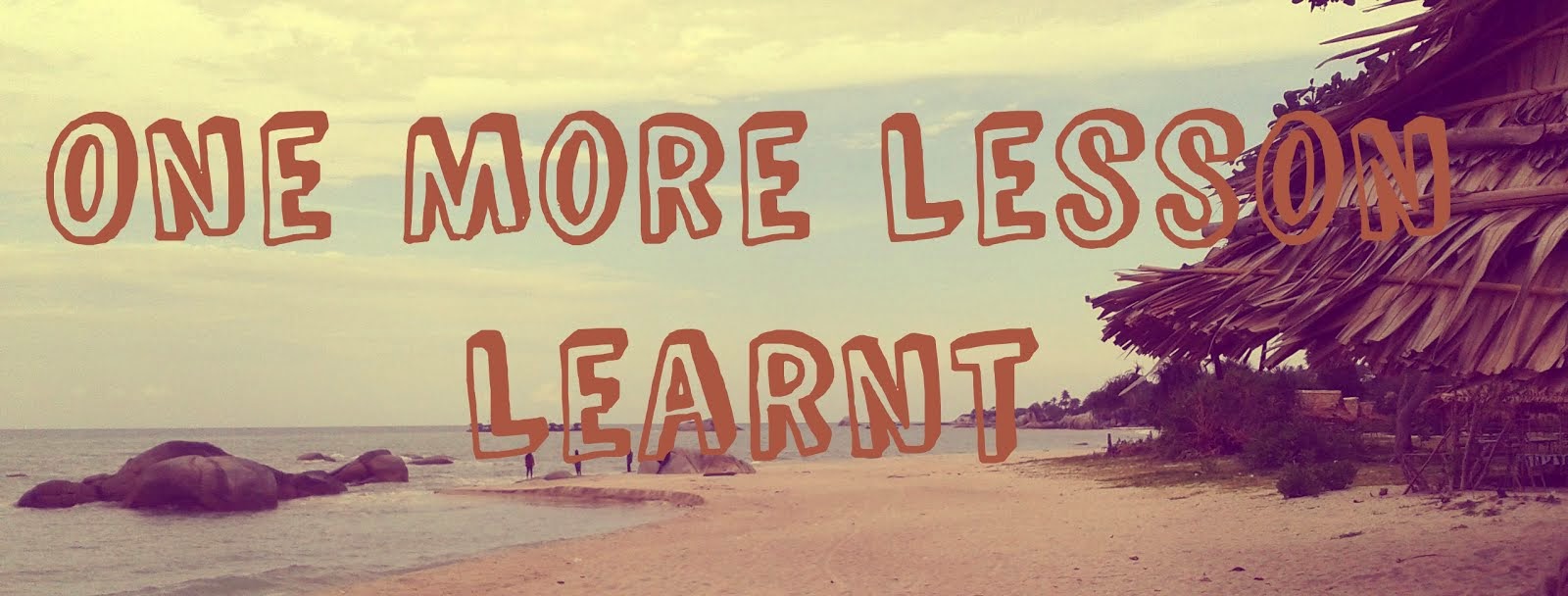Old words
Luke quotes prophecies from Isaiah, again showing how we can be confident in God's promises. This is something that has been emphasised again and again in the previous two chapters.
‘A voice of one calling in the wilderness,
“Prepare the way for the Lord,
make straight paths for him.
Every valley shall be filled in,
every mountain and hill made low.
The crooked roads shall become straight,
the rough ways smooth.
And all people will see God’s salvation.”
I always struggle with passages that seem to suggest, perhaps, that things will be easy in faith. That particularly struck me with the words "the rough ways smooth". However, at the moment, I'm at a time when I feel I can testify to that. It's hard coming from a privileged background to talk about struggles, especially as I'm currently surrounded by evidence of poverty and difficulty. But I can say, I genuinely believe walking God's way makes life good. It does not eradicate problems. But somehow, knowing Jesus redeems the problems. Once again, this is a topic that has had countless books and sermons and talks devoted to it. I do not condone the prosperity gospel (if you believe in God your troubles will vanish and you will be rich); but there is a richness that comes from faith, one that can't be measured in material worth.
Harsh words
John the Baptist has some really harsh teachings. These are the kind of words that really shake me. I was really enjoying Luke 1 and 2. I came away with confidence and a sense of peace. Luke 3 has been a bit more challenging.
John says:
John tells them:
John says:
I panicked a little bit when I read this. "What fruit?! What is the good fruit?! What do I need to produce?" I seems that the original listeners had the same thoughts and they asked "What should we do then?"
Produce fruit in keeping with repentance [...] The axe has been laid to the root of the trees, and every tree that does not produce good fruit will be cut down and thrown into the fire.
John tells them:
‘Anyone who has two shirts should share with the one who has none, and anyone who has food should do the same.’Although it answered my question, it didn't seem to get rid of the sense of unease I felt about reading this. It made me consider how privileged I am, but also hard these words are to follow. I currently have about ten shirts here where I live, and probably a similar amount stored at my parents' house. I have t-shirts, jumpers, hoodies, shorts, trousers, coats... I have a fair amount of clothes.
John was asking those with two shirts to share. Just two. Whilst in the West, the line between "need" and "want" has all but dissolved and the idea of bare minimum has been raised particularly high, John was suggesting that having just one spare was too much. That's tough. Also, he says, "anyone who has food". Again, the threshold isn't very high.
John tells the soldiers to be content with their pay. We live in a world of Instagram and adverts and the newest released model that we have to get. We are hardly content and I don't think we are particularly outrageous in our giving. (Some of us like to think we are, but this makes me question whether it is the case or not.)
The children I work with come from exceptionally poor backgrounds. Some of them have very few changes of clothes. Yet, when I go to the church, they are filled with such joy and hope and kindness.
It also reminded me of this article I read from Desiring God. What an example of generosity!
My favourite verse has got to be verse 18. John has been talking about cutting down trees and burning in an unquenchable fire as a metaphor for judgement. Then 18 says, that he "proclaimed the good news to them". I did chuckle a little bit, as I seemed to have missed whatever the good news was in my reading.
However, I suppose there is good news that Jesus came to give us repentance. We just need to live in a way that shows that.
Quick questions
- What Bible passages trouble you? Why is that? What can we learn from them?
- What do you think real generosity looks like? Have you experienced it yourself?

No comments:
Post a Comment